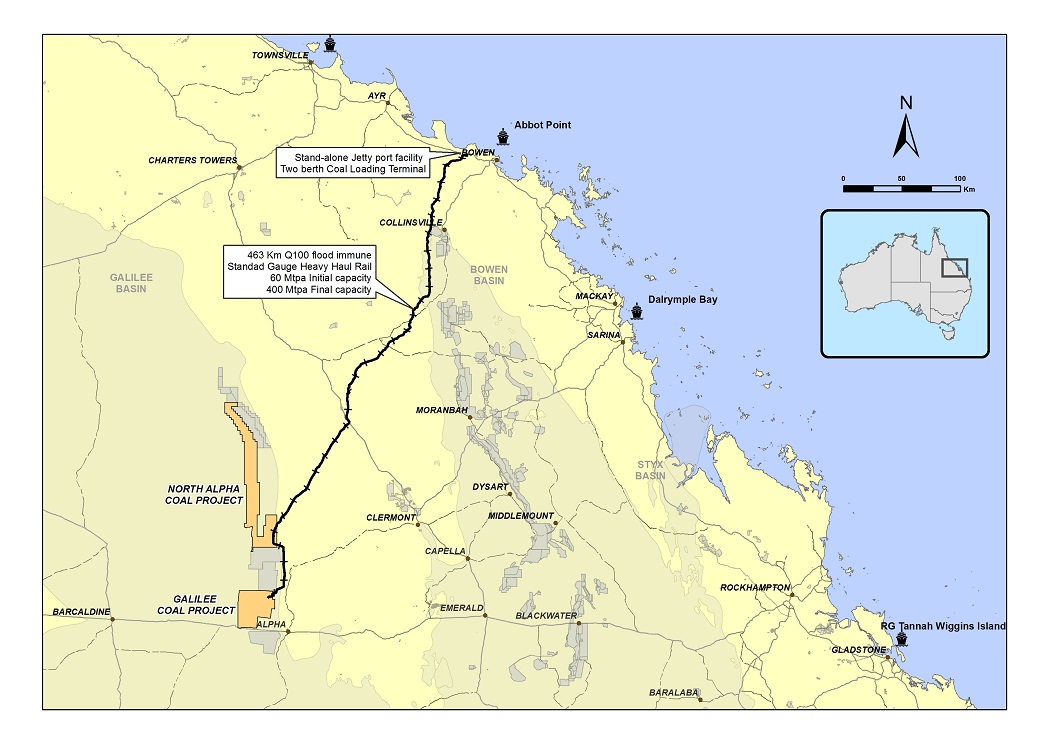How the right tech tools demonstrably improve a law firm’s bottom line
SEVERAL recent studies have shown that fee earners in small law firms are billing, on average, only about 2.02 hours per day. This is, clearly, a business problem, according to Wise Owl Legal founder, Karen McDonald.
“I have met many lawyers in my time and I know this is not a true reflection of the hard work they put in,” Ms McDonald said. “Because of their amazing dedication, I believe they deserve to be more appropriately rewarded, which means utilising tools to capture the service they deliver to the community.“
For example, a survey of more than 134 small law firms in Australia by legal practice services company Smokeball, showed that 62 percent of respondents identified time management as their biggest challenge, followed by managing costs at 35% and billing and collecting fees at 29%.
The research showed across the country, over 66% of these firms did not believe, or were unsure, if their billing accurately reflected their firm’s completed work, and more than half of the firms surveyed agreed with this. Only one-quarter of respondents knew what percentage of their time-billed work was billed daily and almost half (46%) estimated they were not billing up to a quarter of their work1.
“I have seen many small firms with a wide range of productivity results, however, maintaining their productivity goals is consistently their single biggest business challenge,” Ms McDonald said. 
Time wasted on non-billable admin
For the law firms who run on billable hours, so much time is wasted on non-billable admin, Ms McDonald said. Some firms are increasing billable targets to from 7.5 to eight hours per day, aqccording to a report in the Australian Financial Review2, “which is a high target if you consider the amount of paperwork they also need to get through”.
“So, what’s the solution? Legal practice management software,” she said. “Software that has specifically been designed to reduce the pain of admin, reduce the time spent doing repetitive tasks and recover billable hours.”
Ms McDonald said the company she founded, Wise Owl Legal was “an outlier in this space”. However, she said, “Having worked as an accountant for lawyers for decades, I understand what is required by legal practices in order to reduce the time they spend on admin and accounting, and I developed a solution that is cost effective (when compared with other software in this space).”
Ms McDonald offered the five key reasons legal practice managers should implement automation software in their law firms and the clear benefits it offers.
Streamlined document management – “From contracts and pleadings to evidence and client records, managing paperwork can be a daunting task. Automation software can simplify this process by organising, indexing, and storing documents electronically. This means you’ll spend less time sifting through piles of paper and more time focusing on the legal aspects of your cases,” she said.
Enhanced efficiency and productivity – “Having the ability to automate routine administrative tasks like scheduling appointments, sending reminders, or generating invoices frees up your time to do billable work. By automating these time-consuming chores, your law firm can operate more efficiently, allowing your staff to dedicate their time to more valuable and strategic legal work. This not only boosts productivity but also frees up resources for tackling complex legal challenges.”
Improved accuracy and compliance – “Legal documents require precision and attention to detail. Any errors or omissions can have serious consequences for your clients and your firm’s reputation. Automation software can significantly reduce the risk of human error. It can ensure that documents are consistently formatted, deadlines are met, and compliance with legal regulations is maintained. This level of accuracy can be a game-changer in the legal profession.”
Enhanced client experience – “With automation software, you can provide a better experience for your clients by offering online client portals for easy document sharing, electronic signatures for speedy approvals, and automated case updates. This not only saves your clients’ time but also leaves a positive impression of your firm, leading to increased client satisfaction and loyalty.
Cost savings and scalability – “Implementing automation software may require an initial investment, but the long-term benefits are substantial. As your firm grows, automation allows you to scale your operations without a linear increase in staffing costs. This scalability is particularly valuable in a competitive legal market. Moreover, the time saved on administrative tasks can be redirected toward business development and client acquisition, ultimately increasing your firm’s profitability.
Ms McDonald said automation software was not just a luxury for modern law firms, “it’s a necessity”.
“The legal profession is evolving, and those who embrace technology and automation are better positioned for success,” Ms McDonald said. “By streamlining document management, increasing efficiency, ensuring accuracy, enhancing the client experience, and saving costs, automation software can revolutionise the way your law firm operates."
She said legal firms that had not looked carefully into automation software “to propel your practice into the future” would be increasingly at a business disadvantage.
References and further reading
1.
2.
https://www.afr.com/companies/professional-services/big-pay-increases-are-over-for-lawyers-20230726-p5drg2#:~:text=%E2%80%9CSome%20 firms%20are%20 increasing%20 billable,to%20achieve%20more%20with%20less.%E2%80%9D
3.
https://www.smokeball.com.au/blog/2021-state-of-small-law-study
4.
https://wiseowllegal.com.au/blog
ends







